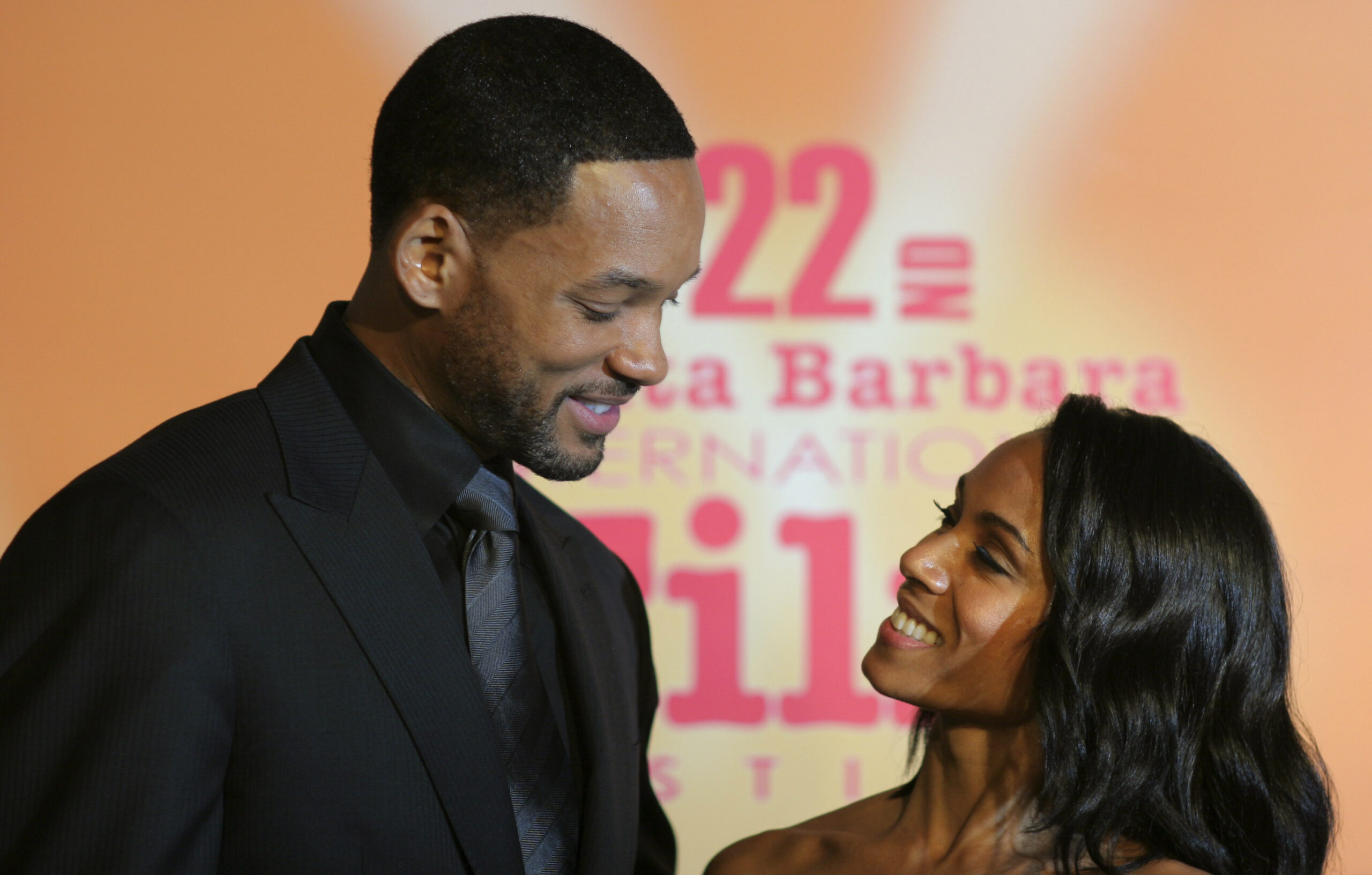In a recent revelation, Jada Pinkett Smith, acclaimed actress and talk show host, candidly announced that she and her husband, Will Smith, have been living “completely separate lives” since 2016. While on a media tour ahead of the release of her memoir, “Worthy,” Smith talked to NBC News for a prime time special.
“I made a promise that there will never be a reason for us to get a divorce. We will work through … whatever. I just haven’t been able to break that promise,” Pinkett says while explaining why she could never go through with a divorce.
A Different Look at Marriage
This revelation, while unexpected, is not entirely out of place in a generation that’s undergoing a profound transformation in the way it views marriage. As societal norms continue to shift, younger generations are challenging traditional expectations upheld by the institution of marriage. Instead, these generations have paved a new path, one that values partnerships, non-traditional relationships, and individual growth over conforming to conventional societal standards.
“Marriage has gone from ’till death do us part’ to ’till our next software update,” says Jennifer Allen, the founder of Just Elope LLC, a Micro Wedding Specialist Company, as well as a premarital and marriage coach. “Older generations might’ve rushed to the altar, while the youngins are busy swiping left or right. But hey, love’s still in the air—it’s just now broadcasted on a live-stream!”
For many Millennials and Gen Z, marriage is no longer the ultimate life goal. They are stressed!
Economic factors, the gig economy, and the “cost of avocado toast” have people questioning whether big weddings and mortgages are worth it. A whopping 73 percent of people feel it’s too expensive to get married in the current economic climate.
New Age Relationships
The pursuit of happiness, personal growth, and unconventional life choices has taken precedence over settling into traditional roles and skyrocketing debt. Societal norms have shifted in every way, including with identity and sexuality.
“We’re no longer just talking about Mr. & Mrs., but every combination under the sun, redefining the institution of what most people in older times considered was marriage,” exclaimed Allen.
New-age partnerships don’t abide by the same rules. Individuals craft relationships and lifestyles that genuinely resonate with their desires and values. For instance, partners slip into cohabitation after one night spent together. Allen says it’s like a sleepover, but forever. This generation’s style of long term dating is more like a free trial version of marriage. And open relationships are like having multiple tabs open but making sure your computer doesn’t crash,” says Allen
Revolutionizing Commitment
Whereas our grandparents and great grandparents stayed in marriages that were less than satisfactory, modern partnerships, don’t rely on traditional notions of commitment. Instead, it thrives on respect, space, and open communication. “As long as you both want the same thing, you will be ok,” she states. Allen emphasizes regular “state of the union” chats. Conversations around setting strict boundaries to keep the connection strong. Love can endure in all its non-traditional manifestations, whether it be a cohabiting couple, a long-term dating scenario, or even an open relationship.
While this shift may seem radical to some, in many ways, it’s an expression of personal freedom and empowerment. The choice to prioritize self-discovery, career pursuits, or avoiding the shackles of conventional expectations is an essential aspect of the changing views of marriage. For Black women and women of color, who have historically navigated unique societal challenges, this shift offers an opportunity to redefine relationships on their own terms.
As we navigate these changing views of marriage, it’s important to remember that there’s no one-size-fits-all approach to love and commitment. What’s essential is to honor and celebrate the choices individuals make in their pursuit of happiness and fulfillment. Create partnerships rooted in open communication, mutual respect, and the freedom to evolve.
As Allen put it, who needs rings when you’ve got matching tattoos?
